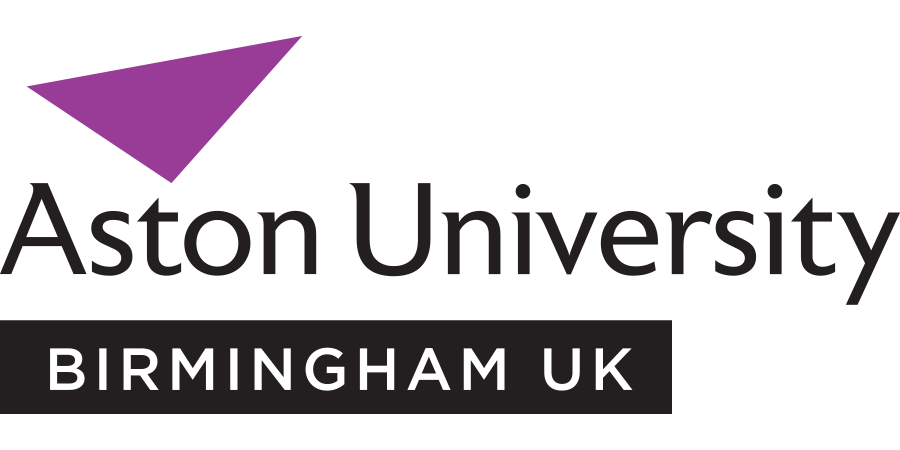PhD Studentship: Delineating Stages of Aquaporin Biogenesis
Aston University
| Qualification Type: | PhD |
|---|---|
| Location: | Birmingham |
| Funding for: | UK Students |
| Funding amount: | £20,780 |
| Hours: | Full Time |
| Placed On: | 23rd May 2025 |
|---|---|
| Closes: | 1st September 2025 |
Supervisors: Dr Grant Pellowe
Prospective Start Date: 1 January 2026
At Aston Institute for Membrane Excellence, we are passionate about equity, diversity, and inclusion and are dedicated to cultivating a diverse cohort of PhD researchers from a range of academic backgrounds.
If you have any questions about this opportunity, please contact p.r.knobbs@aston.ac.uk, AIME Manager for a chat.
This four-year studentship offers a comprehensive support package, including fees, a tax-free annual stipend of £20,780 a travel and conference budget, and a generous consumables budget.
This position will be based on the Aston Campus in Birmingham, UK.
Background
Membrane proteins are vital for cellular function and serve as key drug targets. Despite their importance, our knowledge of their biogenesis, folding and membrane insertion during synthesis remains limited. The aquaporin (AQP) family, crucial for water transport across cell membranes, relies on accurate folding and localisation to function.
AQP synthesis and folding occur at the endoplasmic reticulum (ER), where proteins are assembled by ribosomes and inserted into the membrane in a cotranslational manner. This intricate process requires coordination between various factors that guide ribosome docking and membrane integration. When misfolding occurs, through mutation or dysregulation of synthesis, AQPs become defective or depleted, leading to diseases including chronic brain oedema, nephrogenic diabetes insipidus, and pulmonary arterial hypertension.
This project will investigate AQP biogenesis at the ER, pinpointing when and why misfolding occurs. Insights from this research could greatly advance our understanding of AQP biogenesis and ER quality control. By identifying factors that promote proper folding and conditions that cause misfolding, this work could foster breakthroughs in drug development for AQP-related diseases.
The student will build on current research to purify membrane protein ribosome bound nascent chain complexes (RNCs) of AQPs directly from the human ER. This involves using advanced copolymer technologies to preserve the native lipid protein environment around truncated AQP versions attached to the ribosome, providing snapshots of folding intermediates and offering strong potential for advancing membrane protein folding research.
The student will gain valuable insight into AQP folding and trafficking mechanisms using a range of techniques. Lipidomic analysis will provide understanding of how the membrane environment surrounding nascent AQP chains changes during synthesis. Proteomic analysis will identify potential interactors with translation machinery, chaperone proteins or quality control factors during AQP biogenesis.
Cell-free translation, limited proteolysis, gel-shift assays and FRET, as well as structural mass spectrometry and CryoEM through external collaboration, will also be explored.
Candidates should have been awarded, or expect to achieve, EITHER:
- A Bachelors degree in a relevant subject with an award of First Class or 2.1.
OR
- A Bachelors degree in a relevant subject with an award of First Class or 2.1, and a Masters degree in a relevant subject with an award of Merit or higher.
Qualifications from other countries which are considered by Aston University to be equivalent to that described above will be eligible to apply.
As well as supporting documents, applications must include a Research Statement detailing your understanding of the research area, how you would approach the project, and a brief review of relevant literature. Be sure to use the title of the research project you are applying for. There is no set format or word count.
Apply online via the above ‘Apply’ button.
Closing Date: 1st September 2025 [23.59 GMT]
Advert information
Type / Role:
Subject Area(s):
Location(s):









